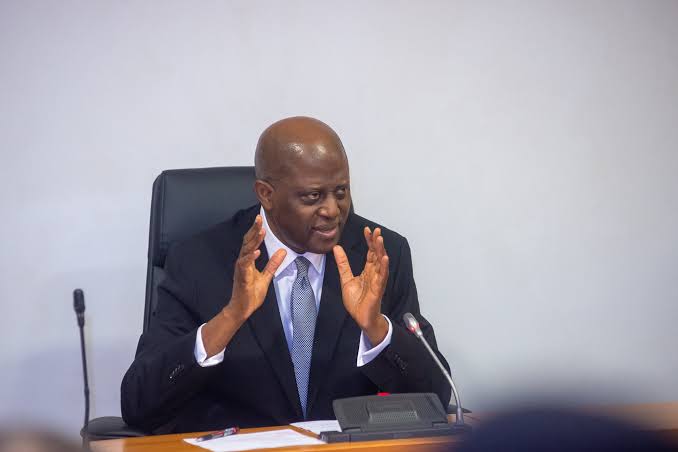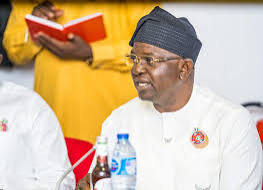Central Bank of Nigeria (CBN) Governor Yemi Cardoso has credited the recent slowdown in headline inflation to stabilising energy costs and improved foreign exchange conditions. He disclosed this on Tuesday in Abuja during the presentation of the communiqué from the 301st meeting of the Monetary Policy Committee (MPC).
Cardoso explained that the June inflation figure showed a marginal year-on-year decline, which he attributed to moderating energy prices and greater stability in the naira exchange rate. These developments, he noted, helped ease some of the pressure that had been pushing prices higher in previous months.
However, despite this progress, Cardoso warned that price pressures still persist. He pointed out that month-on-month inflation saw a slight increase in June, indicating that the underlying drivers of inflation remain active.
According to the CBN governor, the committee examined a range of local and global indicators. He said that international uncertainties, particularly ongoing geopolitical tensions and trade restrictions between major economies, are still affecting supply chains. These disruptions, he added, continue to drive up the cost of imported goods, thereby exerting inflationary pressure on the local economy.
Cardoso also highlighted local challenges, including high transport costs, seasonal food supply volatility, and insecurity in key agricultural regions. These issues, he said, are contributing to rising food prices and affecting consumer purchasing power.
He emphasized that while some inflation relief has emerged, the current trend is not yet strong enough to guarantee sustained price stability. He urged all levels of government to support structural reforms that can improve energy supply, boost agricultural output, and stabilise the macroeconomic environment.
“The progress is encouraging,” Cardoso said, “but we must remain focused. We cannot afford to let our guard down while underlying pressures still exist.”
He assured Nigerians that the apex bank remains committed to using all available tools to maintain economic stability. The MPC, he said, will continue to monitor both domestic and global economic developments closely and take necessary action when required.
Cardoso also warned that further external shocks are likely in the near future. Global energy market fluctuations, lingering geopolitical conflicts, and potential volatility in foreign exchange flows could all pose risks to inflation control efforts. Nevertheless, the CBN remains determined to ensure that monetary policy supports the broader goal of long-term economic growth and price stability.
In conclusion, Cardoso called for sustained collaboration across fiscal and monetary authorities, urging faster implementation of policies that will address structural weaknesses in the economy. He reiterated that inflation management is a shared responsibility, and progress will depend on unified and strategic national efforts.






